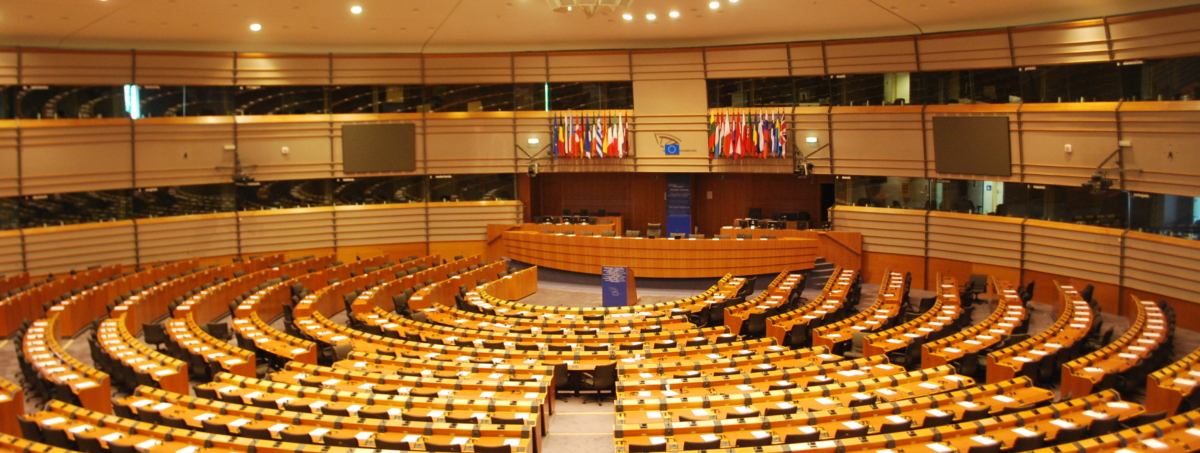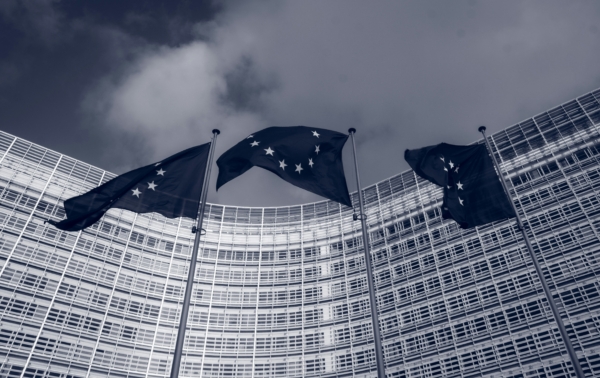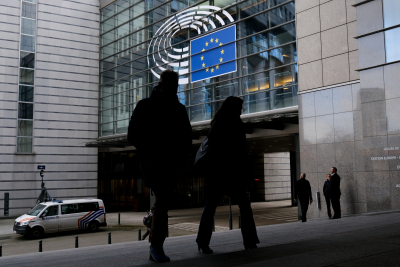MEP’s continue to confound our expectations when it comes to transparency and accountability of their expenses. They receive a number of allowances to cover for the expenses incurred in the performance of their duties. The General Expenditure Allowance (GEA), which amounts to €4320 transferred directly into their personal bank account each month, is designed to cover office expenditure such as office rent and phone bills. There are rules and guidelines in place and the GEA cannot be considered an additional salary or to fund activities outside of its intended purpose.
As we have pointed out before, the General Expenditure Allowance lacks any transparency and, more incredibly, is devoid of any financial controls. There has been no scrutiny on how MEP’s use this money by the Parliament. There are no audits, spot check and MEPs are not even required to keep any receipts. There have many examples of MEPs misusing other allowances and, with spending reaching €40 million per year for the GEA, opportunities are ripe for misuse and fraudulent behavior.
The calls for reform of the MEP allowance regime have begun to be voiced from outside the Brussels bubble. The MEPs project, consisting of a consortium of journalists from every EU Member State, launched a case in 2015 before the European Court of Justice against the Parliament for refusing to provide documents related to MEP allowances. The first hearing confirmed Parliament’s aversion to allowing any transparency of how parliamentarians are spending public money. A recent petition has also been recently launched calling for permanent parliamentary financial controls and transparency of the GEA, which has already garnered more than 100,000 signatories.
The Parliament’s Bureau has recently set-up an ad-hoc Working Group on potential reforms of the GEA. With the stated objective of clarifying and strengthening the existing rules and good practices, the ad-hoc Working Group was expected to release an interim report in October 2017. Not only has this report not been published, the Parliament refused to disclose to Access Info Europe key documents detailing the background, advice, proposals and main questions to be addressed by the Working Group.
As worrisome as the lack of transparency on procedure, is the voting behaviour of the working group members on the rules they have been specifically tasked with improving. On the 25th of October, the Parliament adopted a resolution on the draft 2018 general EU budget. During this process, 6 amendments were tabled pertaining to increasing the transparency and accountability of the GEA, of which 3 were adopted during the plenary session. By voting in favour of requiring a separate bank account, the filling of receipts and returning unspent funds to the EP’s budget, MEP’s have signalled a willingness to at least introduce some minimal oversight of the GEA. Yet their intentions become meaningless when looking at the voting pattern of the working groups’ members, arguably those with larger clout in the GEA’s reform process. Four out of the seven members, representing the two largest parties in Parliament (S&D and EPP), voted against most of these amendments during the plenary vote. As the table below demonstrates, other Members seized this opportunity to choose for greater transparency and accountability of the GEA.
|
MEP
|
Position and political Group
|
Am. 7 | Am. 8 | Am 9 | Am. 10 | Am. 11 | Am. 12 |
| Call on the bureau to make GEA changes: | Separate bank account | Keep all receipts | Unspent share should be returned | Checks on 5% sample | Publish annually overview expenditure | ||
| David Maria SASSOLI | CoChair (S&D) | – | – | + | – | – | – |
| Rainer WIELAND | CoChair (EPP) | – | – | – | – | – | – |
| Ryszard CZARNECKI | Member (ECR) | + | 0 | + | + | + | + |
| Pavel TELICKA | Member (ALDE) | + | + | + | + | – | – |
| Dimitrios PAPADIMOULIS | Member (GUE/NGL) | + | + | N/A | + | + | N/A |
| Heidi HAUTALA | Member (Verts/ALE) | + | + | + | + | + | + |
| Elisabeth MORIN-CHARTIER | Member (EPP) | – | – | – | – | – | – |
| Vladimir MANKA | Member (S&D) | – | – | – | – | – | – |
Given these divisions, this doesn’t bode well for the future reform of the MEP’s expenses system. If the Working Group members collectively fail to demonstrate, at this very initial stage, a commitment in adapting the GEA to normal EU budgetary standards, then the matter will remain a liability in the run up to the 2019 European elections.







